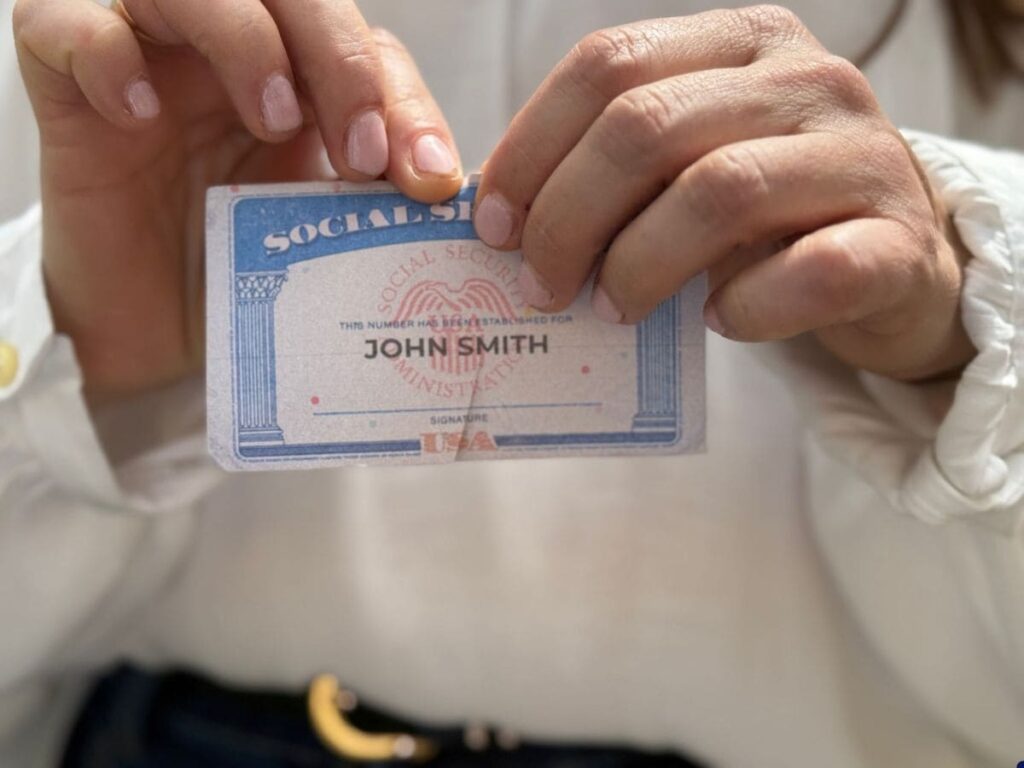Social Security in the United States is a stable source of monthly income for millions of people, especially those who have already reached retirement age or who live with a disability. However, many are unaware that there are situations that can lead to the temporary or permanent suspension of these payments.
Although it is not common, some U.S. citizens may find themselves in the situation of having lost their Social Security check without knowing exactly what caused it. This can be a serious blow to the family economy, especially when you depend exclusively on this income to cover basic needs such as food, housing, or medicine.
That is why it is essential to know how to act if you lose your payments and, above all, to prevent these causes before they occur. Maintaining financial stability depends, to a large extent, on preserving this benefit without interruptions or penalties.
Three reasons why we stop getting Social Security
There are several reasons why a beneficiary may have their Social Security payments interrupted. Here we explain the three most common and documented causes that can lead to this situation:
- Changes in immigration status: Non-citizen residents who lose their legal status in the United States may stop receiving payments. Social Security is linked to immigration status, so any irregularity or expiration of your residence permit may affect your benefits.
- Inactivity in the workforce in cases of disability: People who receive Social Security disability payments (SSDI) must meet certain requirements, such as not exceeding a certain monthly income. If they return to work for an extended period of time without properly informing the SSA, they may lose their benefits because they are no longer considered to meet the necessary medical or financial conditions, so we must be careful about this.
- Failure to update personal information: Social Security requires that important information such as address, marital status, or income status be kept up to date. If this information is not updated, the SSA may temporarily suspend payments until the discrepancy is resolved.
Each of these causes has clear recovery procedures, but it is important to act quickly to avoid a prolonged suspension.
How to recover Social Security?
Regardless of the type of benefit you receive, recovering Social Security payments will depend on the specific reason for the interruption. In all cases, the first step is to contact the Social Security Administration (SSA) directly to find out the exact reason for the suspension.
- In the case of immigration problems, it is necessary to regularize your legal status and submit updated documentation to the SSA. Once your new status has been validated, payments can be reinstated.
- If you are a disability beneficiary, you must request a medical review or prove that you continue to meet the requirements. There are programs such as “Ticket to Work” that allow you to work on a limited basis without losing your benefits, which can make it easier to recover them if they were lost due to excess income.
- When the cause is a lack of updated information, it will suffice to submit the correct information through the SSA’s online portal, a local office, or by telephone appointment. In these cases, payments are usually resumed within a short period of time.
In addition to all this, we must also bear in mind that if the beneficiary has stopped receiving payments and has not been properly notified, they can request a refund of the back payments once their case is reactivated. Maintaining constant communication with the Social Security Administration is key to avoiding errors and ensuring the continuity of this vital income.
